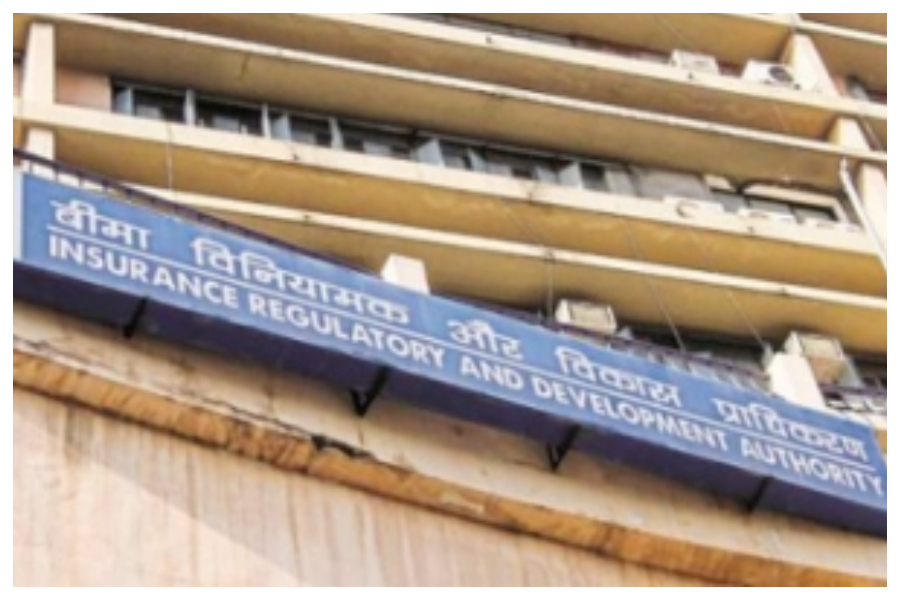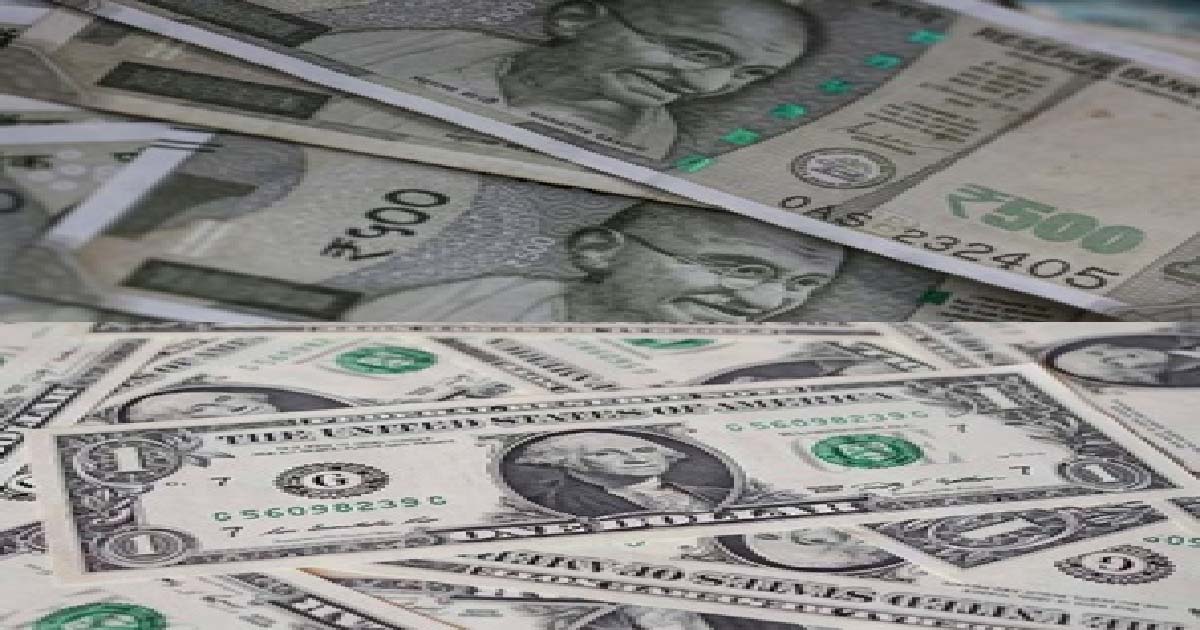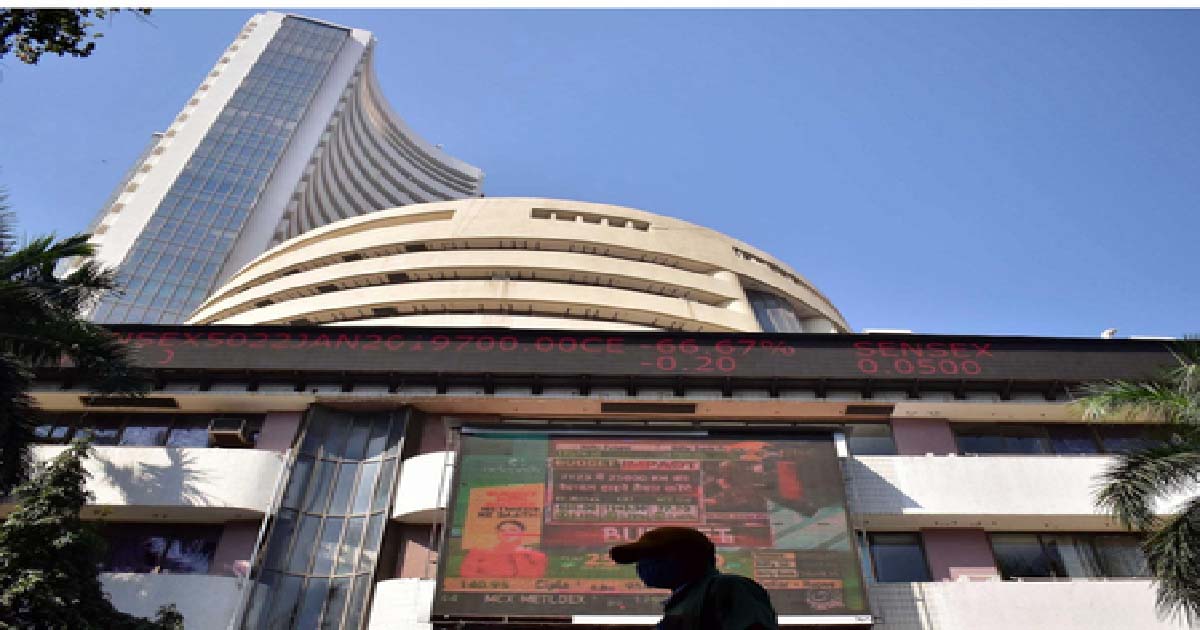Business
Setback for SAT, SC expunged its remarks against retired IRDAI member

In a setback for the Securities Appellate Tribunal (SAT), the Supreme Court has expunged the former’s uncalled remarks against former Member (Non-Life), Insurance Regulatory and Development Authority of India (IRDAI) P.J. Joseph.
The Supreme Court in its recent order on an appeal filed by IRDAI against Atkins Special Risks Ltd and others said: “Having heard learned counsel for the parties and on perusal of record, we are of the opinion that the remarks made by the Tribunal against Mr. P.J. Joseph in paragraphs 8 and 9 of the impugned order dated March 16, 2018 as well as the comments in paragraph 1 of the said order were uncalled for and deserve to be set aside.”
“I am happy that the uncalled remarks by SAT in its order has been expunged,” Joseph told IANS.
The SAT on March 16, 2018 setting aside an IRDAI order had said: “We fail to understand as to how Member (non-life) could make such false statement in the impugned order. In our opinion, the impugned order passed by P.J. Joseph (non-life) virtually amounts to aiding and abetting corruption in the insurance business by the regulator which cannot be tolerated.”
The SAT had directed the insurance regulator to entrust the matter to a competent officer other than Joseph for fresh orders on Atkins complaint on merits.
The SAT’s remarks were questioned by legal eagles then.
“The stinging remarks against the Member (Non-Life) by name, with due respect to the SAT, are quite unfortunate and seem to be crossing swords with the repeated and well advised principle of ‘judicial restraint’ by the Supreme Court of India,” D. Varadarajan, a Supreme Court advocate specialising in company/competition/insurance laws, had told IANS.
Going by an SAT order dated March 16, the concerned IRDAI official was not even arraigned as a party, Varadarajan added.
The IRDAI on January 9, 2018, disposed off the complaint by London-based reinsurance broker Atkins Special Risks Ltd against rival Marsh India Insurance Brokers Pvt Ltd of poaching its reinsurance business offering unlawful payment to Jagdish Pershad Gupta, Chairman, Jagson International Ltd.
Atkins’ complaint was that between 2002 to 2012 it provided international reinsurance cover to Jagson. From 2010 onwards Jagson’s Gupta started demanding, through email, a cut in Atkins commission.
In 2012, Jagson’s reinsurance business was given to Marsh.
Atkins hired a private investigation firm to find out any payment of kick-backs by Marsh to Gupta.
As per the SAT’s order, the investigation firm had confirmed kick-backs to Gupta for diverting the reinsurance business to Marsh from Atkins.
Atkins alleged that during the telephonic conversation, Gupta had said that Marsh had agreed to pay him $4,00,000 in order to obtain Jagson’s business.
The SAT, in its order, said Atkins had relied on documentary evidence in support of the contention that Gupta had sought a bribe and was bribed by the officers of Marsh for diverting the reinsurance business from the appellant to Marsh.
The IRDAI stand that Atkins did not submit any documentary proof is false, said SAT.
An IRDAI official had then told IANS that the proof given by Atkins was not strong and hence focused investigation on Marsh’s books were not made.
The right to appoint or change reinsurance broker vests with the primary insurer. Interestingly, neither the IRDAI’s order nor the SAT order mentions the name of the primary insurer for Jagson or the reason for the change in reinsurance broker.
Reinsurance plays a major role in insuring huge risks. Many private general insurers are happy to front the business as the primary insurer passing on the lion’s portion of the risk to reinsurers. As a result the reinsurance brokers gained importance, a senior industry official had told IANS.
Business
India reaches 709 million active UPI QRs, logs 59.33 billion transactions in July-Sep

Mumbai, Dec 18: The unified payments interface (UPI) transaction volumes rose 33.5 per cent (year-on-year) to 59.33 billion transactions in the July-September period, as transaction value grew 21 per cent to Rs 74.84 lakh crore, a report showed on Thursday.
India reached 709 million active UPI QRs, marking a 21 per cent increase since July 2024. Dense QR acceptance across kiranas, pharmacies, transport hubs, and rural markets has made scan-and-pay the default payment mode nationwide, according to the report by Worldline India.
Person-to-merchant (P2M) transactions continued to outpace person-to-person (P2P), reflecting UPI’s dominance in everyday retail payments.
P2M transactions were up 35 per cent to 37.46 billion transactions while P2P transactions rose 29 per cent to 21.65 billion transactions, the report said.
The third quarter (Q3 2025) further reinforced India’s position as the world’s most dynamic real-time payments economy — where every scan, tap, and click is reshaping consumer and merchant behaviour.
The average ticket size declined to Rs 1,262 (from Rs 1,363), highlighting increased usage for micro-transactions such as mobility, food, healthcare essentials, and hyperlocal commerce.
Point of sale (PoS) terminals grew 35 per cent to 12.12 million (July 2024–July 2025). Bharat QR stood at 6.10 million, witnessing marginal decline amid the shift toward UPI QR dominance.
Private banks led acceptance deployment, accounting for 84 per cent market share. While credit card issuance grew by 8 per cent (on-year) to 113.39 million cards, debit cards reached 1.02 billion and prepaid cards stood at 470.1 million.
Credit card transactions grew 26 per cent to 1.45 billion, with transaction value at Rs 6.07 lakh crore. Debit card transactions declined 22 per cent, reflecting migration of low-ticket spends to UPI, the report showed.
Mobile and tap-based payments continued to accelerate, with contactless adoption gaining momentum across metros, mobility services, and quick-service retail.
“The outlook for Q4 2025 and early 2026 points to accelerated innovation and deeper ecosystem integration. Interoperable QR is expected to move from pilot phases to everyday usage across mobility, healthcare, fuel stations, and public utilities—delivering a unified scan-and-pay experience,” the report mentioned.
Business
Indian rupee likely to bounce back strongly in 2nd half of next fiscal: SBI report

New Delhi, Dec 17: Geopolitical uncertainties driven by the delay in the India-US trade deal have been the single-most important reasons for the rupee sliding against the US dollar, an SBI Research report said on Wednesday, adding that the rupee is likely to bounce back strongly in the second half of the next fiscal.
India’s trade data shows the remarkable resilience in navigating through prolonged uncertainty, more protectionism and labour supply shocks.
“While the geopolitical risk index has moderated since April 2025, the current average value of the index for April-October 2025 is much greater than its decadal average, which indicates how much pressure global uncertainties are exerting on INR,” State Bank of India’s (SBI) Group Chief Economic Advisor, Dr Soumya Kanti Ghosh, said.
Dr Ghosh further stated that consistent with their empirical analysis, “the rupee is currently in a depreciating regime and is likely to exit it”.
After breaching the psychologically important mark of 90 per US dollar, the rupee crossed the 91-level on Tuesday.
However, the rupee staged a sharp recovery on Wednesday, trading as strong as 90.25 during the day, as the cooling of crude prices also contributed to improved sentiment.
According to the SBI report, the data also indicates that the current fall is the quickest (in terms of number of days) of the rupee, scaled to 5 per USD. In less than a year, the rupee has slid from 85 to 90 per dollar.
The current slide appears to be primarily driven by FPI outflows, chiefly equities (after two years of robust inflows) and uncertainty regarding the US-India trade deal.
Since April 2, 2025, when the US announced sweeping tariff hikes across economies, the Indian rupee (INR) has depreciated by 5.7 per cent against USD (most amongst the major economies), notwithstanding sporadic phases of appreciation owing to optimism over the US-India trade deal.
“While INR is the most depreciated currency, it is not the most volatile. This clearly indicates that the 50 per cent tariff imposed on India is one of the major factors behind the current phase of rupee depreciation,” the SBI report noted.
Business
Indian markets hit fresh highs in November, outshine global peers: Report

Mumbai, Dec 17: Indian equity markets touched fresh all-time highs in November and clearly outperformed global markets, a new report said on Wednesday.
The data compiled by PL Asset Management said India emerged as a bright spot at a time when many global markets struggled due to weak technology stocks, fading enthusiasm around artificial intelligence and soft economic data from China.
The report noted that record-low inflation, steady domestic growth and reasonable valuations improved the overall outlook for investors.
“While global markets remained uneven, India benefited from strong local demand, supportive liquidity and a predictable policy environment,” the report said.
Inflation played a major role in boosting market sentiment during the month. Consumer price inflation fell sharply to just 0.25 per cent, the lowest level on record and far below the Reserve Bank of India’s target of 4 per cent.
This sharp fall strengthened expectations of further interest rate cuts, which supported equity valuations. Reflecting confidence in the economy, the RBI raised its GDP growth forecast for FY26 to 7.3 per cent.
India also recorded strong GDP growth of 8.2 per cent in the second quarter of FY26, reinforcing its position as the fastest-growing major economy in the world, the report said.
Domestic economic indicators remained healthy despite global challenges. Manufacturing activity stayed strong, even though exports were slightly affected by tariffs.
Goods and Services Tax collections remained robust at Rs 1.70 lakh crore, as per the report.
Festive season spending also supported growth. In addition, India’s current account deficit improved to 1.3 per cent of GDP.
Global markets, meanwhile, showed signs of fatigue. US technology stocks faced profit booking, China and Hong Kong markets weakened due to poor economic data, and investors turned to precious metals for safety.
Crude oil prices softened amid expectations of interest rate cuts by the US Federal Reserve. Against this global backdrop, India’s stable fundamentals helped it continue to outperform.
Siddharth Vora, Head – Quant Investment Strategies & Fund Manager, PL Asset Management, said, “Indian markets continue to demonstrate relative resilience at a time when global risk assets are undergoing a phase of recalibration.”
-

 Crime3 years ago
Crime3 years agoClass 10 student jumps to death in Jaipur
-

 Maharashtra1 year ago
Maharashtra1 year agoMumbai Local Train Update: Central Railway’s New Timetable Comes Into Effect; Check Full List Of Revised Timings & Stations
-

 Maharashtra1 year ago
Maharashtra1 year agoMumbai To Go Toll-Free Tonight! Maharashtra Govt Announces Complete Toll Waiver For Light Motor Vehicles At All 5 Entry Points Of City
-

 Maharashtra1 year ago
Maharashtra1 year agoFalse photo of Imtiaz Jaleel’s rally, exposing the fooling conspiracy
-

 National News1 year ago
National News1 year agoMinistry of Railways rolls out Special Drive 4.0 with focus on digitisation, cleanliness, inclusiveness and grievance redressal
-

 Maharashtra1 year ago
Maharashtra1 year agoMaharashtra Elections 2024: Mumbai Metro & BEST Services Extended Till Midnight On Voting Day
-

 National News1 year ago
National News1 year agoJ&K: 4 Jawans Killed, 28 Injured After Bus Carrying BSF Personnel For Poll Duty Falls Into Gorge In Budgam; Terrifying Visuals Surface
-

 Crime1 year ago
Crime1 year agoBaba Siddique Murder: Mumbai Police Unable To Get Lawrence Bishnoi Custody Due To Home Ministry Order, Says Report












